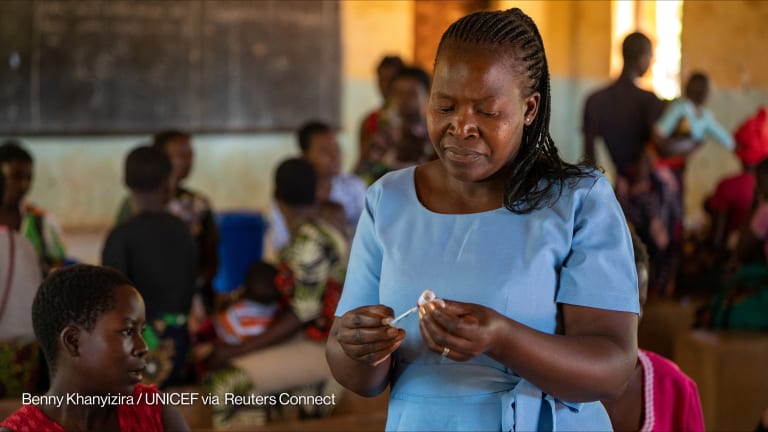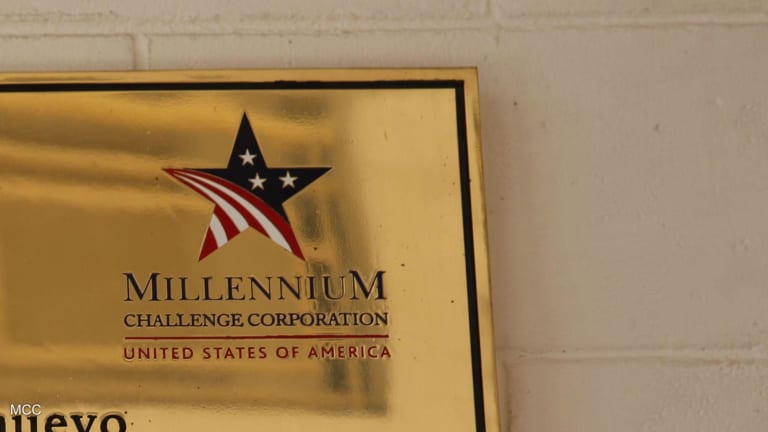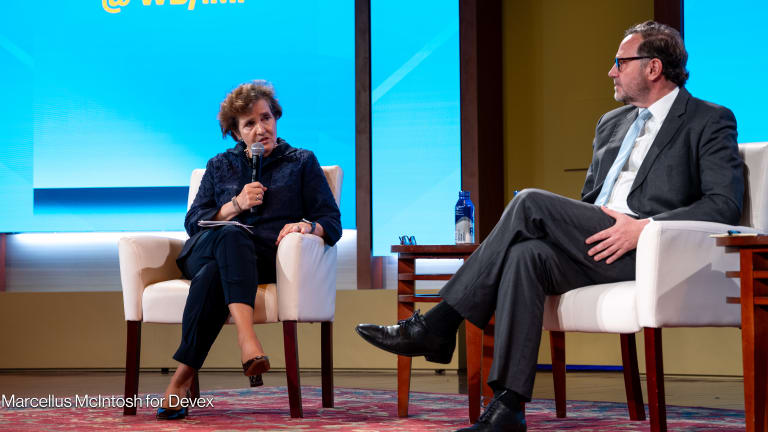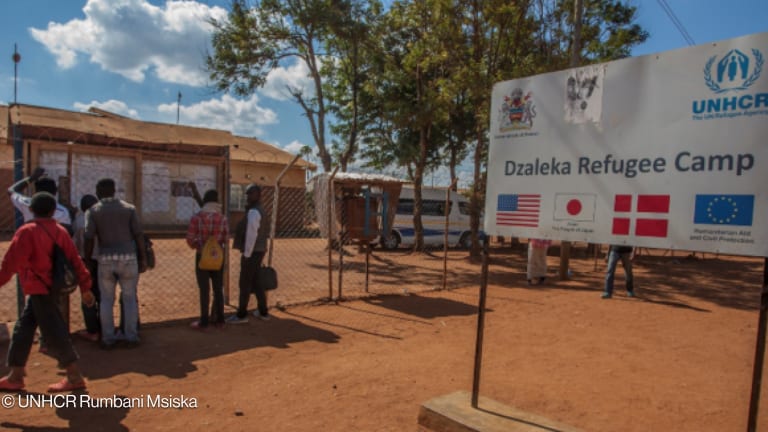The Millennium Challenge Corp. announced Friday (April 1) that it will sign a $350.7 million compact with Malawi, nearly two months after announcing it would defer the signing of the aid deal due to human rights concerns in the African nation.
In February, MCC postponed the signing of the compact, which targets improvements in the African nation’s energy infrastructure and hydropower generation, amid international outcry over new Malawian laws that undermine human rights. Malawi’s parliament amended its penal law in November to penalize homosexuality between women and allow the government to expand its control over the media.
>> MCC Holds Off Malawi Compact
MCC said it has engaged in a high-level dialogue with the Malawian government concerning the recent penal code amendments.
“MCC has made it clear to the Government of Malawi that laws criminalizing homosexual conduct are inconsistent with human rights obligations and MCC’s indicators. Criminally punishing lesbian, gay, bisexual, or transgender individuals under laws will prompt MCC to initiate the investigation required for suspension or termination of the Compact,” according to an April 1 statement of the agency.
MCC said it will maintain its dialogue with Malawi over human rights and pledged to “closely monitor” Malawi’s commitment to good governance and civil liberties.
“MCC partners with poor, well-governed countries that demonstrate and maintain a clear commitment to governing wisely, investing in their people, and promoting economic freedom. MCC will not compromise on these core principles, particularly with respect to basic human rights and liberties. We expect all of our partners, including the Government of Malawi, to uphold these standards throughout the five-year partnership,” MCC chief Daniel Yohannes said.
The compact was approved by the MCC’s board of directors in January. It includes USD283 million for upgrading the country’s energy infrastructure and increasing the efficiency of hydropower generation. The remaining USD25.7 million will be used to improve the capacity of national institutions such as the Electricity Supply Corporation of Malawi, Malawi Energy Regulatory Authority and Ministry of Natural Resources, Energy and the Environment.
Read more about U.S. development aid.








